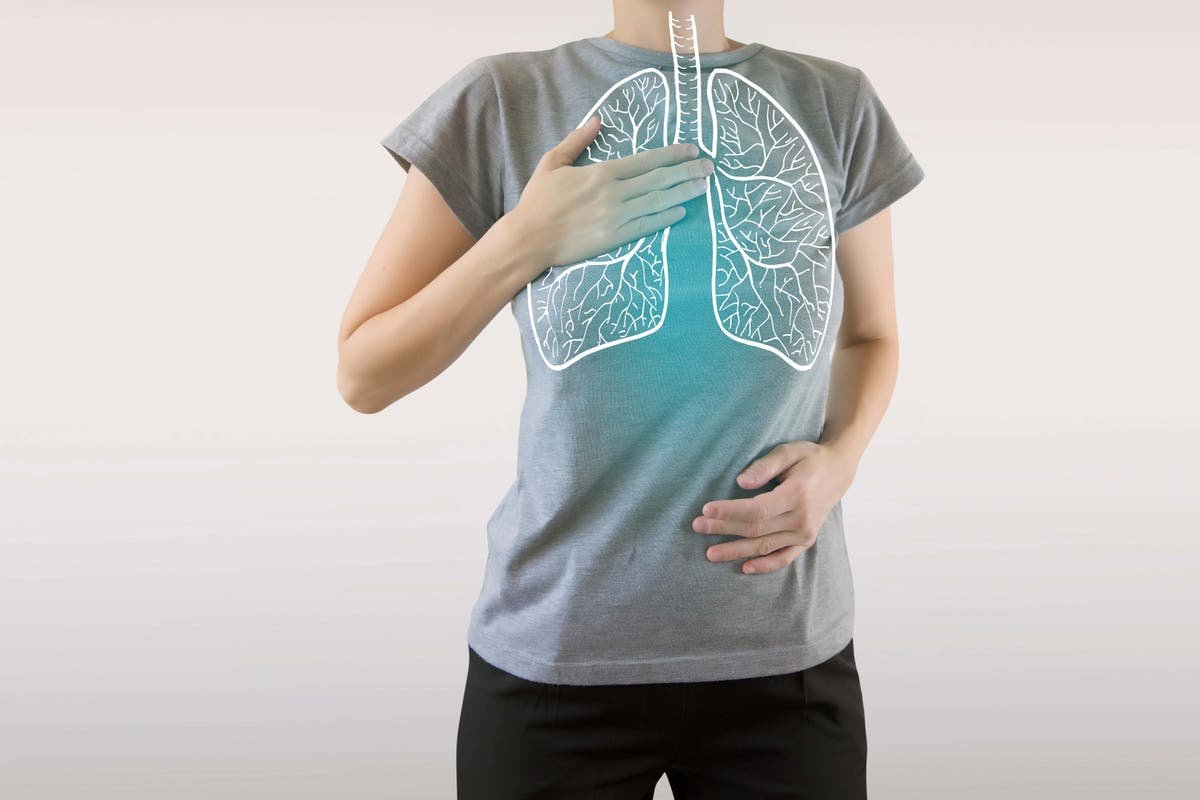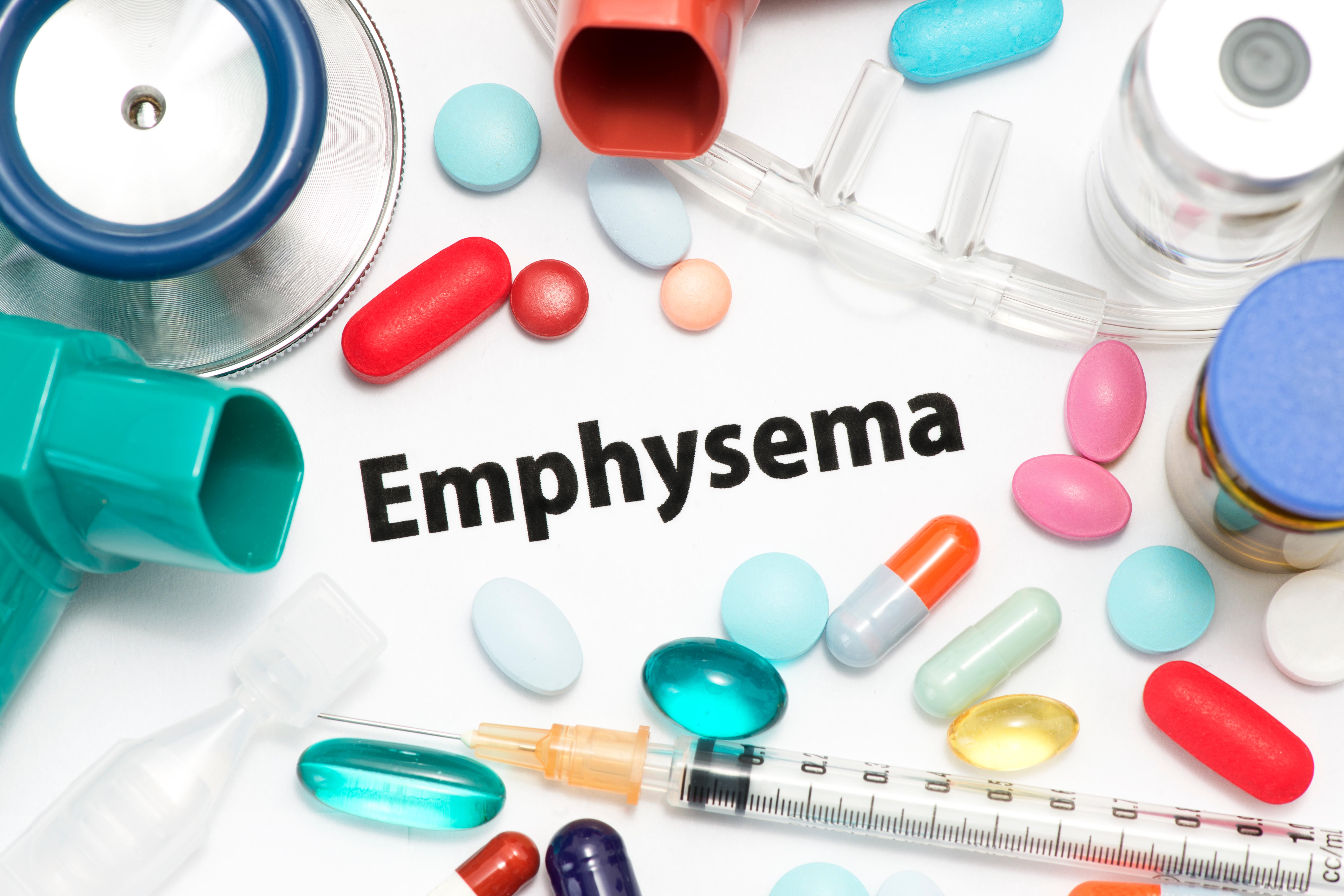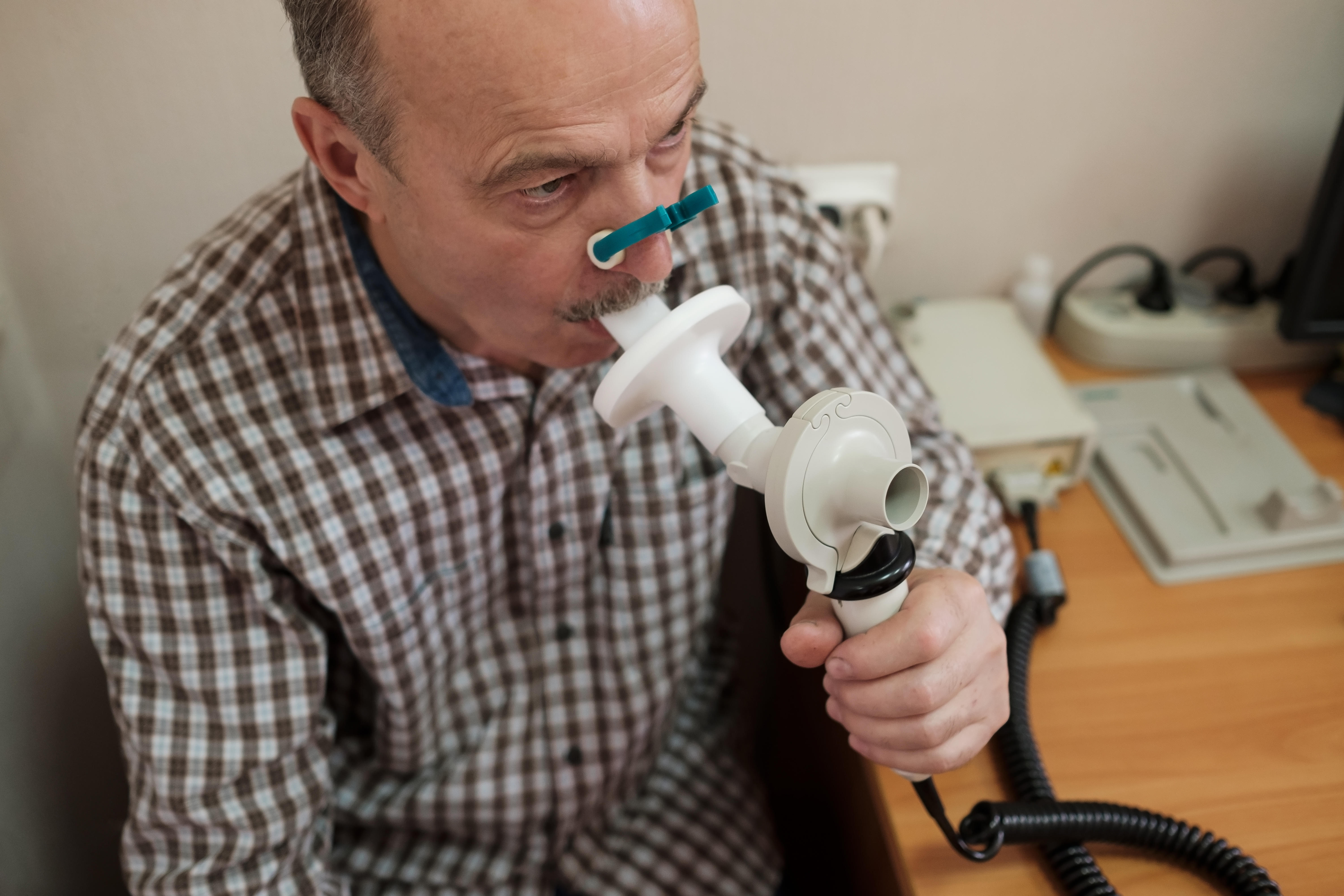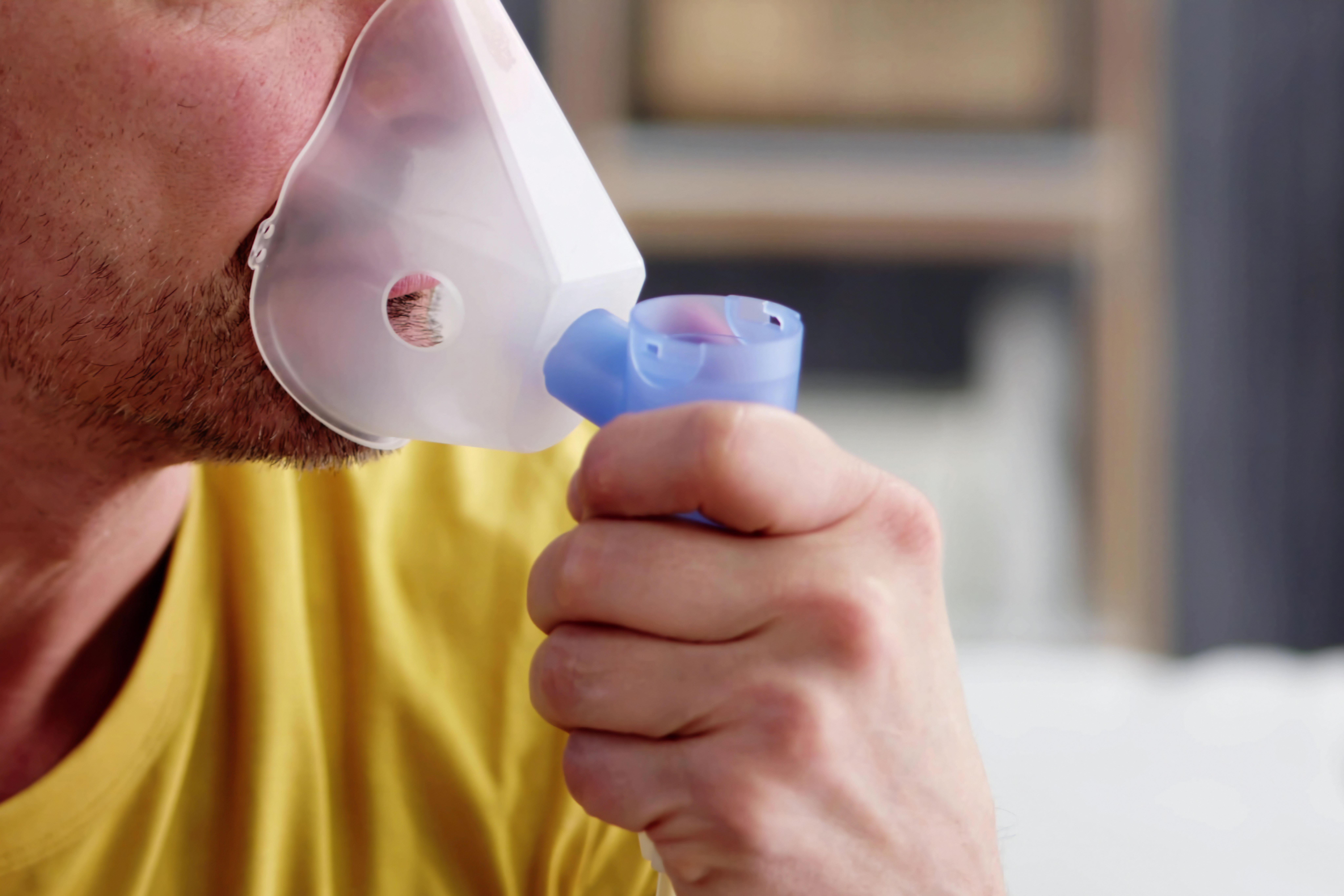
David Lynch death: What are the symptoms and causes of emphysema?
Your support helps us to tell the story
From reproductive rights to climate change to Big Tech, The Independent is on the ground when the story is developing. Whether it’s investigating the financials of Elon Musk’s pro-Trump PAC or producing our latest documentary, ‘The A Word’, which shines a light on the American women fighting for reproductive rights, we know how important it is to parse out the facts from the messaging.
At such a critical moment in US history, we need reporters on the ground. Your donation allows us to keep sending journalists to speak to both sides of the story.
The Independent is trusted by Americans across the entire political spectrum. And unlike many other quality news outlets, we choose not to lock Americans out of our reporting and analysis with paywalls. We believe quality journalism should be available to everyone, paid for by those who can afford it.
Your support makes all the difference.
Director David Lynch revealed that he needed a supply of oxygen and could only walk short distances after being diagnosed with emphysema months before his death.
Speaking to Sight & Sound magazine in August, the 78-year-old director of Twin Peaks and Eraserheadrevealed that he had the condition due to smoking throughout his life and said that, if he directs again, it will have to be remotely as he cannot “go out” due to fears he will get Covid. He added that he would “never retire”.
Emphysema is a chronic lung condition that affects millions of people worldwide and can make everyday activities such as walking, talking, and even breathing, feel like a challenge.

Emma Rubach, head of health advice at Asthma + Lung UK, who has broken down what emphysema is, what signs to look out for, and how it can be treated.
What is emphysema?
“Emphysema is part of a group of lung conditions which comes under the umbrella term chronic obstructive pulmonary disease (COPD) and also includes chronic bronchitis,” explains Rubach. “Emphysema makes it hard to breathe air out of your lungs as it affects the tiny air sacs at the end of the airways where oxygen is taken up into the bloodstream.
“The walls of these air sacs become weak, and the lungs become baggy and full of bigger holes. This traps air and makes it harder to breathe.”
Despite being a common disease, many people are unaware of exactly what it is.

“COPD affects 1.7 million people in this country, although around 600,000 are believed to be living with the condition but don’t have a diagnosis,” says Rubach. “Lung disease is the third biggest cause of death in the UK, and every year up to 30,000 people die from COPD.
“Although COPD is a relatively common disease, public awareness is limited. In a online survey by Asthma + Lung UK [which ran from January to March 2023 and received 14, 460 responses]44 per cent of respondents admitted they hadn’t heard of COPD until they received their diagnosis.
“There is a misconception that experiencing constant breathlessness is a typical part of getting older when this is not the case.”
What are the symptoms of emphysema?
“Typical symptoms of the condition include getting short of breath easily when you do everyday things such as going for a walk or doing housework, having a cough that lasts a long time or goes away and comes back, wheezing and coughing up phlegm,” highlights Rubach. “When the symptoms of COPD become worse, this is known as an exacerbation or ‘flare up’ and will require extra treatment and sometimes a hospital admission.”
For more information about COPD, visit www.asthmandlung.org.uk or call the charity’s helpline on 0300 222 5800 (Monday-Friday, 9.15am-5pm).
When should you seek medical advice?
“If you are suffering from any of these symptoms, it is important to see your GP who might decide to refer you for a spirometry (a breathing test used to diagnose COPD),” says Rubach. “If you do receive a diagnosis, it is possible to live well with COPD although it’s important to remain active, if possible, and to eat a balanced diet.”

Keeping up to date with vaccinations also can reduce the risk of developing serious complications.
“You should make sure you have an annual flu jab as well as the pneumococcal vaccine, Covid-19 vaccine and if you are eligible, the RSV vaccine,” advises Rubach.
Who is more likely to be affected?
If you smoke, stopping smoking is one of the best way to prevent your COPD from getting worse.

“The biggest risk factor for COPD is smoking, with figures showing that nine out of ten people with a diagnosis of the condition in this country either smoke or have a history of smoking,” highlights Rubach. “But COPD can also be caused by exposure to certain types of dust, fumes and chemicals in the workplace, and air pollution.
“People who have had chest problems as a child are also at a higher risk of developing the condition. Your genetics can also increase your risk.”
How is emphysema treated?
“In COPD, the airways are permanently narrowed (unlike asthma where the airways narrow in response to a trigger) and inhaled medication might help if COPD affects your breathing,” says Rubach. “Pulmonary rehabilitation (PR) is a six-week breathing and lifestyle programme, which can help people with COPD to get active and have a better quality of life.
“In more severe cases, oxygen therapy and even a lung transplant might be considered.








